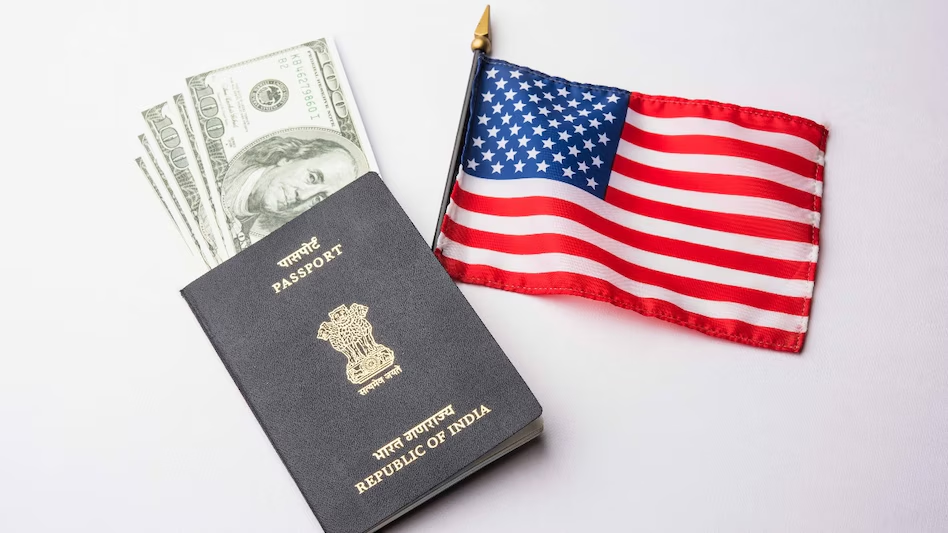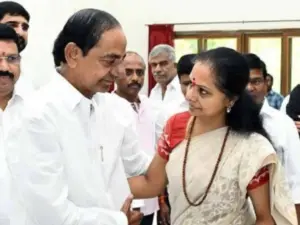
Thousands of Indian families in the United States are grappling with uncertainty as stricter immigration policies, particularly under former President Donald Trump’s administration, continue to impact their legal status. Among those most affected are the children of H-1B visa holders who entered the U.S. as minors under H-4 dependent visas. Once they turn 21, they “age out” of their dependent status, leaving them with limited options to remain in the country legally.
Aging Out Crisis: 134,000 Indian Children at Risk
Under current U.S. immigration laws, H-4 visa holders cease to qualify as dependents upon reaching the age of 21. At this point, they must transition to another visa category within a two-year period or risk deportation. According to a March 2023 report by The Times of India, approximately 134,000 Indian children are at risk of aging out of their dependent visa status. Many of these individuals, who have spent the majority of their lives in the U.S., now face the difficult decision of either self-deporting to India or exploring immigration alternatives in countries with more flexible policies, such as Canada and the United Kingdom.
Legal Challenges and Policy Uncertainty
The challenges for these families are compounded by shifting immigration policies and legal obstacles. In January 2024, a Texas court blocked work permits for new applicants under the Deferred Action for Childhood Arrivals (DACA) program, which provides temporary protection from deportation for undocumented youth. While DACA does not apply to H-4 visa holders, its legal uncertainty has raised concerns about the broader landscape of protections for aging-out dependents.
Meanwhile, the H-1B visa program remains under scrutiny. U.S. Senator Bernie Sanders has criticized the program for allegedly benefiting corporations that hire foreign workers at lower wages instead of prioritizing American talent. Conversely, prominent business leaders like Elon Musk have defended the program, emphasizing the ongoing shortage of highly skilled professionals in the U.S.
H-1B Visa Registration for FY 2026 Announced
Despite ongoing policy debates, the U.S. Citizenship and Immigration Services (USCIS) has confirmed the H-1B visa registration process for the fiscal year 2026. The registration window is set to open from March 7 to March 24, 2025, with an annual cap of 65,000 visas, plus an additional 20,000 visas allocated to individuals holding U.S. master’s degrees.
For many Indian families, the uncertainty surrounding immigration policies remains a pressing concern. As thousands of children face the prospect of aging out, there is increasing pressure on policymakers to provide clearer pathways to residency and employment opportunities. The future of these young individuals, who consider the U.S. their home, hinges on forthcoming legislative and administrative decisions.
Recent Random Post:
















